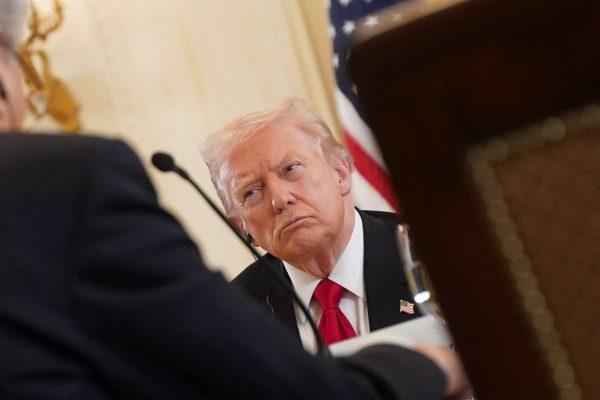Until recently Europe seemed not to understand what Turkish President Recep Tayyip Erdogan was up to.
They viewed the protestations of Greece and Cyprus as routine complaints and whining.
The EU had rightly decided to maintain ties with the Turkish side but it ignored the extent of the problem until Erdogan unleashed a frontal attack against French President Emmanuel Macron.
Erdogan’s references to “psychosis” and “Islamophobia”, his declaration that Macron’s agenda must come to an end, and even his communications handling of the Holocaust a few days after the beheading by a radical Islamist of French teacher Samuel Paty exposed the Turkish leader’s megalomania in a most glaring manner.
One after another European powers including Germany have strongly backed Macron.
Before his clash with Macron spun out of control, Erdogan was systematically harassing Greece.
Each time he pushed the envelope a bit further because he knew that despite the fact that Greece was complaining strongly the EU would not significantly change its posture.
Since summer Greece has faced a situation of continuous tensions with its hostile neighbour and Erdogan’s relations with Brussels are no longer business as usual.
Consequently, Athens has been offered a great opportunity to exploit the European wave of dissatisfaction with Ankara by continuing to respond calmly to provocations, by persistently highlighting Ankara’s violations of Greece’s sovereignty in the Aegean and the Eastern Mediterranean, and by stressing the fact that Turkey is undermining the EU’s vital interests.
Europe is finally prepared to listen.


